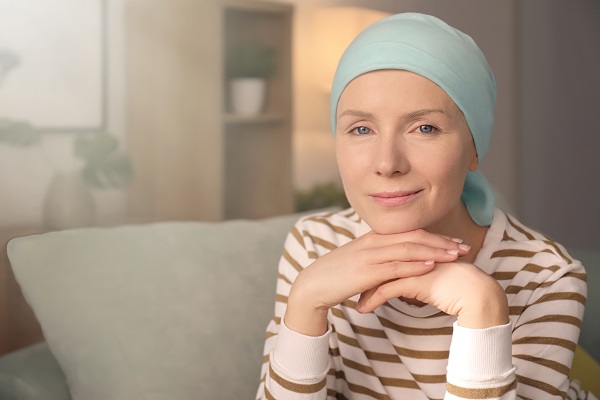Making the Most of Your First Oncology Appointment

If you have been recently diagnosed with cancer, you might find yourself wondering what to expect during your first oncology appointment. You probably have many questions about your condition, what your treatment options are and what the future looks likes.
Depending on the type of cancer you are dealing with, your first oncology appointment might be with a doctor who specializes in radiation, medical or surgical treatments for cancer. The oncologist's role is to help you to understand your diagnosis and your treatment options so that you can make an educated decision about your treatment.
What to expect during your first oncology appointment
During a patient's first visit with an oncologist, the doctor will ask questions about their medical history and any symptoms they are currently experiencing. The oncologist might also order up additional tests or refer the patient to a specialist.
Patients should take all medical reports related to their condition to their appointment. This includes pathology slides, MRIs, x-rays or CT scans. Patients should also bring any medications they are currently taking, including dietary supplements. Even essential nutrients like vitamin D or calcium can have negative interactions with some cancer treatments.
Patients should be prepared to take notes during their appointment and they can bring someone along for moral support as well as to have another set of ears listening and asking questions. The most important thing patients can do during their first oncology appointment is to listen closely to what is being said. Many of the questions they have will be answered as the oncologist educates the patient and that leads to other questions.
Here are some important topics patients should plan to discuss with their oncologist during their first appointment:
- What is the diagnosis and do I need to start therapy immediately?
- What are the best treatment options, what do they entail and how long will they last?
- What does the oncologist recommend? Why?
- What are the potential side effects and risks of each treatment?
- What is the prognosis?
- Are there clinical trials that can help?
- How will treatment impact my routine?
- Will treatment affect my ability to have children?
- What if new symptoms develop during treatment?
- Are there resources to help me cope with my diagnosis and treatment?
- Who do I reach out to if I have more questions?
After the doctor goes over the patient's condition and their treatment options, they will also predict how likely the patient is to recover. The type of cancer the patient is dealing with and how far it has progressed are two of the main factors used to make this prognosis. How well the patient responds to treatment can also be factored in.
If the patient is not happy with the prognosis, the oncologist might recommend a new type of treatment.
Have you recently been diagnosed with cancer?
Call or visit our Marlton clinic to learn more about how our oncologist can help you to deal with your cancer diagnosis and provide the treatments you need.
Get more information here: https://lindenbergcancer.com or call Lindenberg Cancer & Hematology Center at (856) 475-0876
Check out what others are saying about our services on Yelp: Oncology in Marlton, NJ.
Recent Posts
When most people think of cancer treatment, they think of chemotherapy. However, this is only one of many treatment options available. An oncologist can provide personalized cancer treatment that aims to remove and kill the cancer, as well as to prevent it from coming out of remission.Cancer treatment is not one size fits all. An…
Anemia occurs in people who lack enough healthy red blood cells and hemoglobin to carry oxygen to each organ. It has many forms and causes, all of which can be short-term or long-term. Fortunately, a hematologist offers multiple treatment options to address all concerns.When one's red blood cells do not work properly, anemia usually follows…
Blood disorder specialist treat and diagnose blood disorders, from anemia to leukemia. Regardless of whether a patient has a cancerous or noncancerous blood disorder, consulting one of these specialists can lead to better health outcomes. A specialist will work to find an effective treatment that prevents the disorder from progressing, as well as work to…
Oncologist are known as cancer doctors or specialists who diagnose and treat various types of cancer, meaning people should not wait until there is a suspicion of the disease before scheduling an appointment. In fact, with cancer, timing is of the essence. Patients with any concerns can learn how regular visits to an oncologist can…


